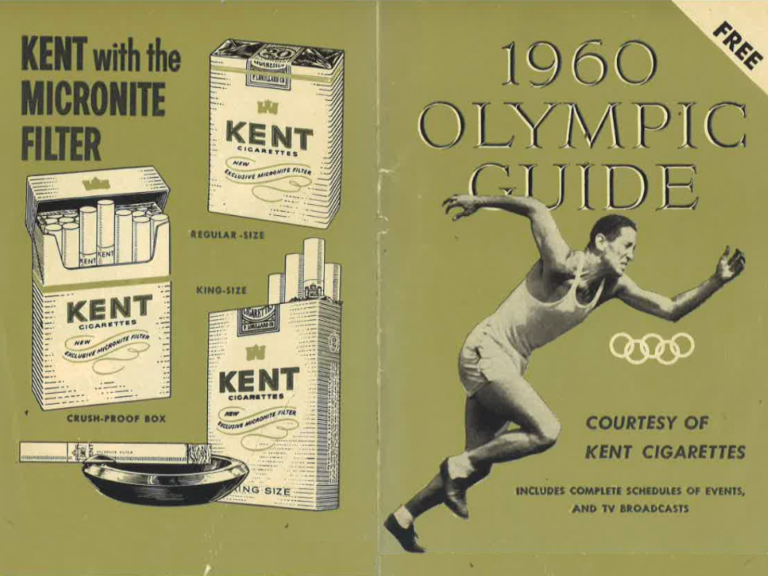Cardiovascular toxicities seen early in treatment with immune checkpoint inhibitors
In the first large-scale analysis of cardiovascular complications linked to immune checkpoint inhibitors, Vanderbilt researchers have shown that cardiovascular complications include myocarditis, pericarditis, vasculitis and arrhythmias, and that they occur early in the course of treatment.
The study, published online Nov. 12 in The Lancet Oncology, augments previous work by Vanderbilt University Medical Center researchers who first reported in 2016 rare but fatal cardiac side effects from the most widely prescribed class of immunotherapies.
The researchers used VigiBase, a global database of drug complications maintained by the World Health Organization, to track adverse cardiovascular reactions in the latest study.
“When the immune system wakes up to attack the cancer cells, in rare situations it can also attack the heart and vessels, and in some cases, this can result in fatalities,” said Joe-Elie Salem, a Vanderbilt Cardio-Oncology fellow and the study’s first author.
Fatalities occurred in half of myocarditis cases (inflammation of heart muscle), 21 percent of pericardial cases (inflammation of the sac that surrounds the heart) and 6 percent of vasculitis cases (inflammation of blood vessels).
Fatalities with myocarditis occurred more often with combination therapy (65.6 percent) than monotherapy (44.4 percent). The new Vanderbilt study advises clinicians to monitor for pericardial disease and vasculitis.
Javid Moslehi, director of the Cardio-Oncology Program at VUMC and the study’s senior author, presented the study’s findings Nov. 12 at the American Heart Association Scientific Sessions 2018 in Chicago. The cardiovascular complications can also occur simultaneously with neurological complications, including myasthenia gravis, Moslehi said.
“This study suggests a role for a multi-disciplinary group that will help us characterize these novel and diverse side-effects of immunotherapies and identify those at risk,” said Douglas Johnson, director of the melanoma program at Vanderbilt-Ingram Cancer Center and a study author.
Johnson, Moslehi and colleagues are forming an immuno-toxicity group with the hope of utilizing Vanderbilt resources like the REDCap database to track these toxicities. In addition, the group has established a web-based link for physicians nationally to report cases of cardiovascular complications related to immune checkpoint inhibitors, linking these cases to REDCap to collect data on the cases.
While cardiovascular complications have been identified as most likely to result in fatalities, checkpoint inhibitors may also spur reactions in the lungs, liver and colon. Vanderbilt researchers detailed the incidence of these fatal reactions Sept. 13 in JAMA Oncology. With other complications, steroids are prescribed to relieve the resulting inflammation and can be effective.
The study just published in The Lancet Oncology focuses on cardiovascular complications, including myocarditis and pericarditis.
The researchers also found 18 cases of temporal arteritis with a risk for blindness occurring with vasculitis. Visual impairment and blindness occurred with one-third of those cases.
Cardiovascular toxicities seen early in treatment with immune checkpoint inhibitors
Share on facebook
Share on twitter
Share on linkedin
Share on email
Share on print
Table of Contents
THE CLINICAL CANCER LETTER
YOU MAY BE INTERESTED IN
What will happen to biomedical research and health care in the aftermath of the 2024 election? The differences in outcomes couldn’t be more stark.


In the July 19 article “Platinum drugs are off the shortage list, but the underlying problem is unsolved,” FDA Commissioner Robert Califf and others describe a solution to the U.S. drug shortage as a matter of paying more for generic drugs.


Cancer treatment is steadily improving. The proof can be found in the number of patients with cancer living longer than ever before. Over the next decade, the number of people who have lived five or more years after their diagnosis is projected to increase approximately 30% to 16.3 million.


Tobacco companies have capitalized on the Olympics’ widespread cultural impact since the birth of the modern Olympic Games in 1896—until the practice was stopped in 1987.


Jonathan M. Gerber was named chief clinical officer of NYU Langone Health’s Perlmutter Cancer Center.




